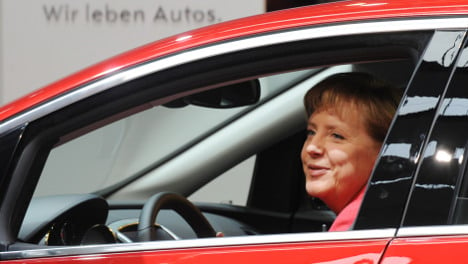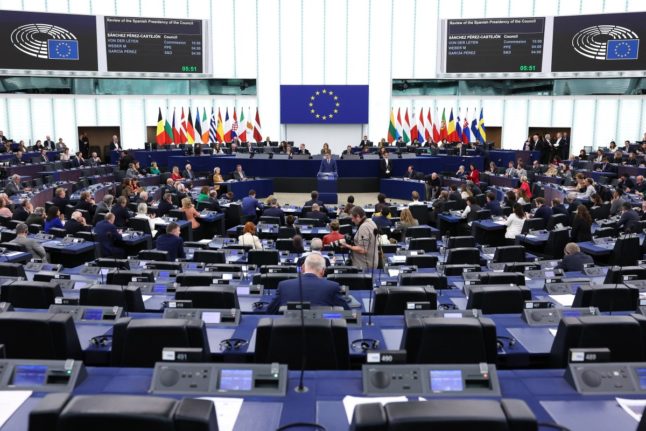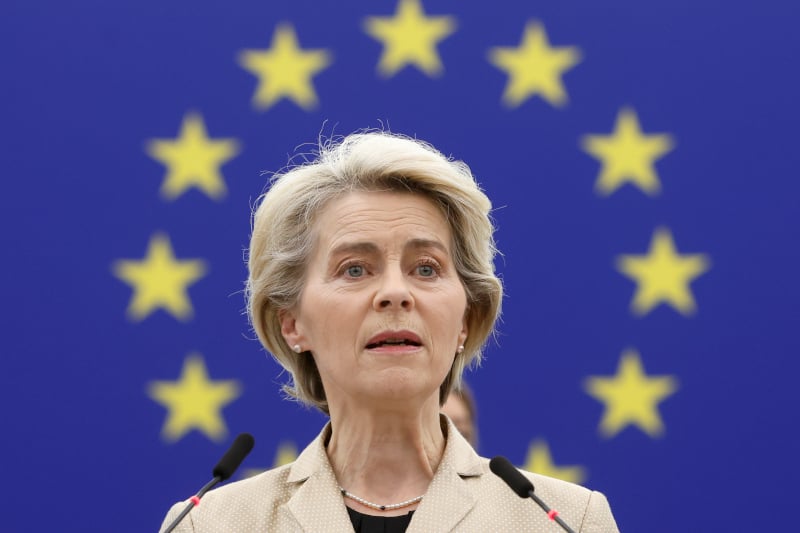“We are naturally determined to resolve the remaining problems in a spirit of European equality,” Merkel said as she inaugurated the Frankfort motor show on Thursday.
“If we had not intervened with a bridging loan when General Motors (GM) declared bankruptcy, many Europeans would have been in trouble,” the German leader said. “It was mutually beneficial.”
Berlin granted Opel a loan of €1.5 billion in May as its US parent company was getting set to declare bankruptcy.
GM chose last week to sell a 55 percent stake in Opel to the Canadian auto parts group Magna and the Russian bank Sberbank, the takeover candidates favoured by Berlin.
But the German government has been criticised for influencing a decision taken just weeks before a German election by neighbouring countries where plants belonging to Opel or its sister brand Vauxhall might be closed.
“Europe must not let Berlin pay for job cuts to go elsewhere,” the Financial Times wrote on Thursday.
Belgium, which is home to a threatened Opel plant, has asked European leaders to examine the deal and might file a complaint with the European Commission.
Prime Minister Herman Van Rompuy raised the issue with Merkel on the sidelines of Thursday night’s European Union summit in Brussels.
“I explained to her the feelings and active fears being expressed in Belgium,” he said.
In Spain, where a demonstration is planned near an Opel plant, Industry Minister Miguel Sebastian said: “We always felt… that Magna was not the best alternative.”
Magna wants to shed 10,500 posts of the 50,000 total at Opel and Vauxhall, including 4,000 in Germany, while pledging not to shut down any German plants.
Opel boss Hans Demant told AFP in an interview that talks with Magna were ongoing and said they could be wrapped up in early October.
“There are lots of people who are giving their opinion at the moment, and most have no idea what they are talking about,” he said.
General Motors and Magna/Sberbank need to finalise details of a state aid package for Opel, worth a total of €4.5 billion that Berlin would like to share with the different countries where the company has operations.





 Please whitelist us to continue reading.
Please whitelist us to continue reading.
Member comments